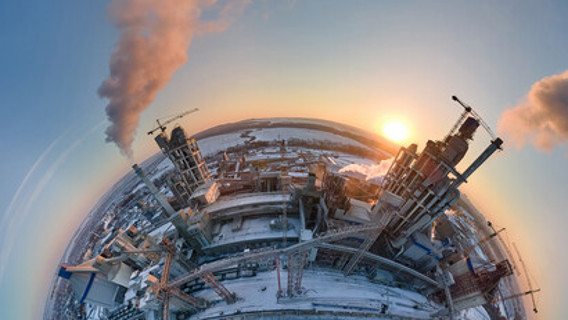- Accessibility Options:
- Skip to Content
- Skip to Search
- Skip to footer
- Office of Disability Services
- Request Assistance
- 305-284-2374
- Display:
- Default
- High Contrast
- Apply
- About UM
- Give to UM
-
Schools
- School of Architecture
- College of Arts and Sciences
- Miami Herbert Business School
- School of Communication
- School of Education and Human Development
- College of Engineering
- School of Law
- Rosenstiel School of Marine, Atmospheric, and Earth Science
- Miller School of Medicine
- Frost School of Music
- School of Nursing and Health Studies
- The Graduate School
- Division of Continuing and International Education
- Alumni
- AI-COVERT – Artificial Intelligence for COvert Volitional Eye-Response Test
- AI Guided Stable Biophamaceutical Formulation Design
- Advancing Histopathological Diagnostics: Hybrid GAN Architectures and Metrics-Based Synthesis for High-Fidelity Image Generation
- Multi-Modal Deep Learning for Early Detection of Alzheimer’s Disease and Related Dementias
- Concerts with humans and artificial intelligence (CHAI): Musicians' perceptions of acceptability and self-efficacy when cocreating with artificial intelligence
- Artificial Intelligence for the Diagnosis and Evaluation of Skin Cancer and Hair & Nail Disorders
- AI-Driven Discovery of Catalysts to Accelerate Carbon Capture in Concrete
- Interdisciplinary Research AI Agent to Engineer Virus-Based Self-Healing Concrete
- Improving Coral Larval Recruitment using Engineering, Biophysics, and Generative AI
- Using AI to Predict Real Time Speech and Dis/Ability in Diverse Inclusive Preschool Classrooms
- AI-COVERT – Artificial Intelligence for COvert Volitional Eye-Response Test
- AI Guided Stable Biophamaceutical Formulation Design
- Advancing Histopathological Diagnostics: Hybrid GAN Architectures and Metrics-Based Synthesis for High-Fidelity Image Generation
- Multi-Modal Deep Learning for Early Detection of Alzheimer’s Disease and Related Dementias
- Concerts with humans and artificial intelligence (CHAI): Musicians' perceptions of acceptability and self-efficacy when cocreating with artificial intelligence
- Artificial Intelligence for the Diagnosis and Evaluation of Skin Cancer and Hair & Nail Disorders
- AI-Driven Discovery of Catalysts to Accelerate Carbon Capture in Concrete
- Interdisciplinary Research AI Agent to Engineer Virus-Based Self-Healing Concrete
- Improving Coral Larval Recruitment using Engineering, Biophysics, and Generative AI
- Using AI to Predict Real Time Speech and Dis/Ability in Diverse Inclusive Preschool Classrooms




